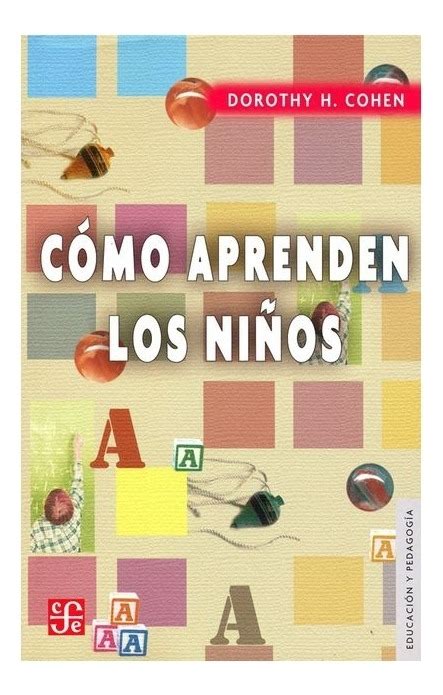A Quote by David Elkind
Certainly parents play a crucial role in the lives of individuals who are intellectually gifted or creatively talented. But this role is not one of active instruction, of teaching children skills,... rather, it is support and encouragement parents give children and the intellectual climate that they create in the home which seem to be the critical factors.
Related Quotes
When the perfect order prevails, the world is like a home shared by all. Leaders are capable and virtuous. Everyone loves and respects their own parents and children as well as the parents and children of others. The old are cared for, adults have jobs, children are nourished and educated. There is a means of support for all those who are disabled or find themselves alone in the world. Everyone has an appropriate role to play in the family and society. Devotion to public duty leaves no place for idleness. Scheming for ill gain is unknown. Sharing displaces selfishness and materialism.
Friends serve central functions for children that parents do not, and they play a critical role in shaping children's social skills and their sense of identity. . . . The difference between a child with close friendships and a child who wants to make friends but is unable to can be the difference between a child who is happy and a child who is distressed in one large area of life.
Although adults have a role to play in teaching social skills to children, it is often best that they play it unobtrusively. In particular, adults must guard against embarrassing unskilled children by correcting them too publicly and against labeling children as shy in ways that may lead the children to see themselves in just that way.
Much of the pressure contemporary parents feel with respect to dressing children in designer clothes, teaching young children academics, and giving them instruction in sports derives directly from our need to use our children to impress others with our economic surplus. We find "good" rather than real reasons for letting our children go along with the crowd.
In today's world parents find themselves at the mercy of a society which imposes pressures and priorities that allow neither timenor place for meaningful activities and relations between children and adults, which downgrade the role of parents and the functions of parenthood, and which prevent the parent from doing things he wants to do as a guide, friend, and companion to his children.
Westerners often laud their children as 'talented' or 'gifted', while Asian parents highlight the importance of hard work. And in fact, research performed by Stanford psychologist Carol Dweck has found that the way parents offer approval affects the way children perform, even the way they feel about themselves.
Certainly, by providing individuals coming out of institutions with ways to become productive citizens, we reduce recidivism. What that means is we reduce crime. There are fewer victims when individuals have options - when they have job skills, when they have life skills, we break the cycle of children following their parents into institutions.
People who, as children, were intellectually far beyond their parents and therefore admired by them, but who also therefore had to solve their own problems alone. These people, who give us a feeling of their intellectual strength and will power, also seem to demand that we, too, ought to fight off any feeling of weakness with intellectual means. In their presence one feels one cannot be recognized as a person with problems just as they and their problems were unrecognized by their parents, for whom he always had to be strong.
What is less often noticed is that it is precisely the kind of moral instruction that parents are constantly trying to give their children — concrete, imaginative, teaching general principles from particular instances, and seeking all the time to bring the children to appreciate and share the parent's own attitudes and view of life… The all-embracing principles of conduct
If our entertainment culture seems debased and unsatisfying, the hope is that our children will create something of greater worth.But it is as if we expect them to create out of nothing, like God, for the encouragement of creativity is in the popular mind, opposed to instruction. There is little sense that creativity must grow out of tradition, even when it is critical of that tradition, and children are scarcely being given the materials on which their creativity could work
They [parents] can help the children work out schedules for homework, play, and television that minimize the conflicts involved inwhat to do first. They can offer moral support and encouragement to persist, to try again, to struggle for understanding and mastery. And they can share a child's pleasure in mastery and accomplishment. But they must not do the job for the children.



































